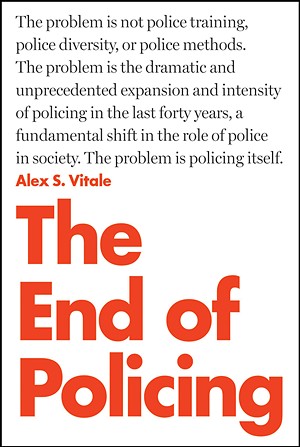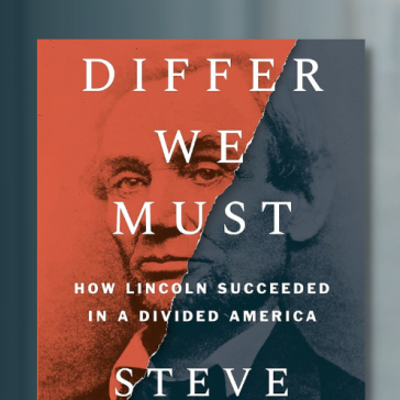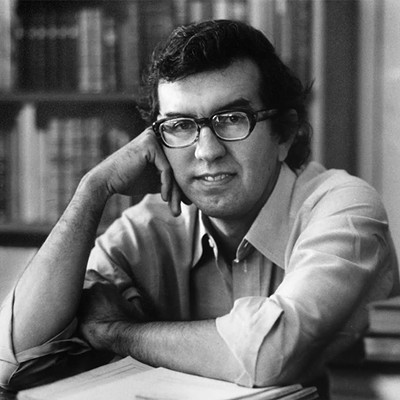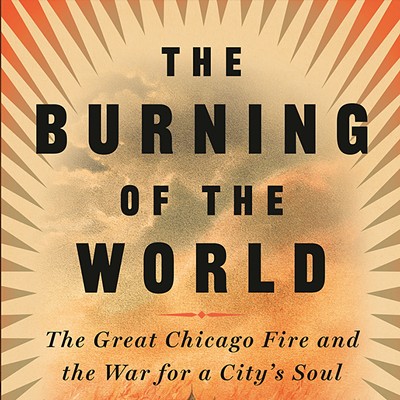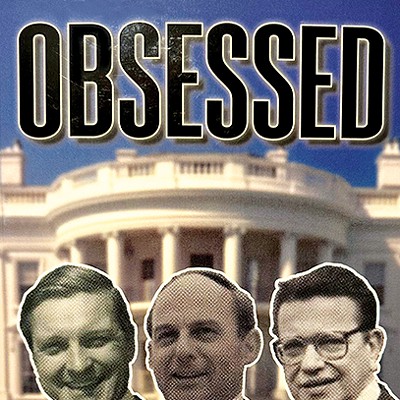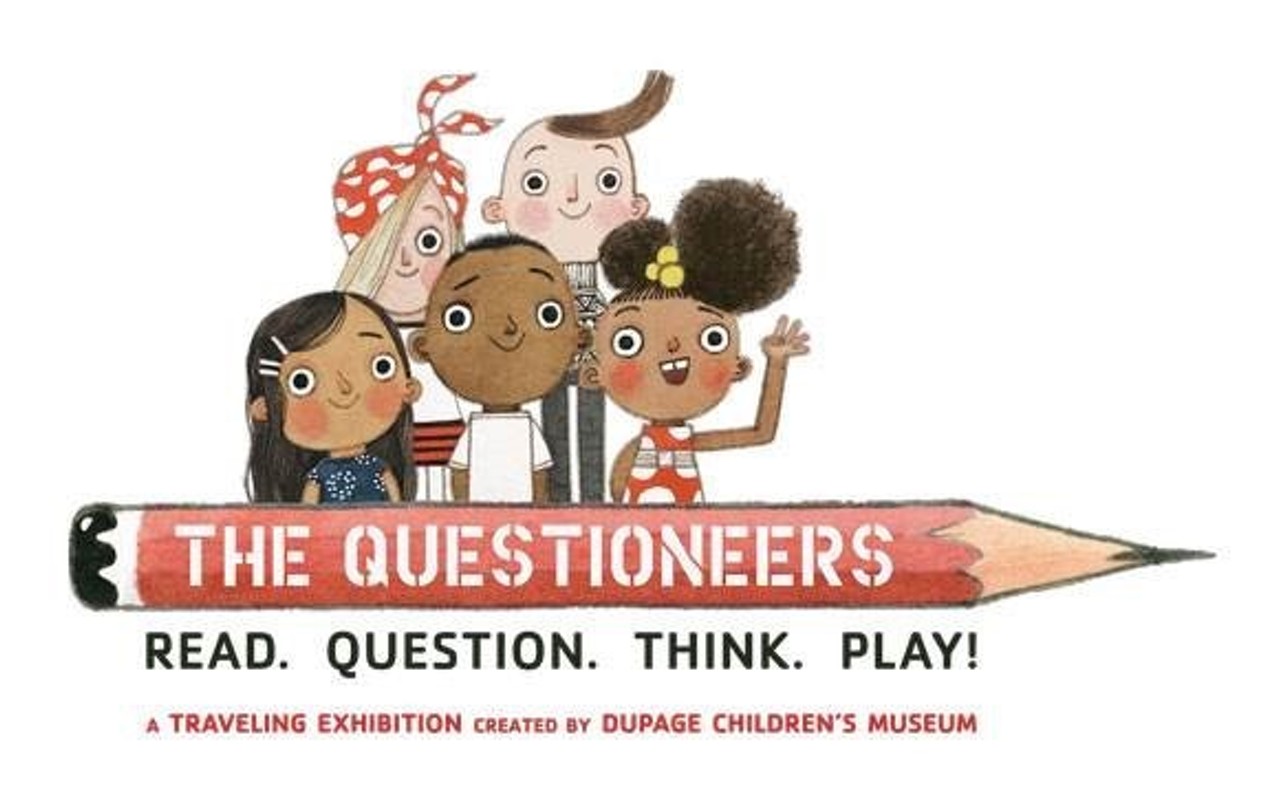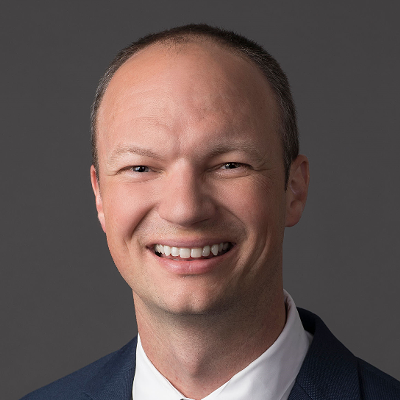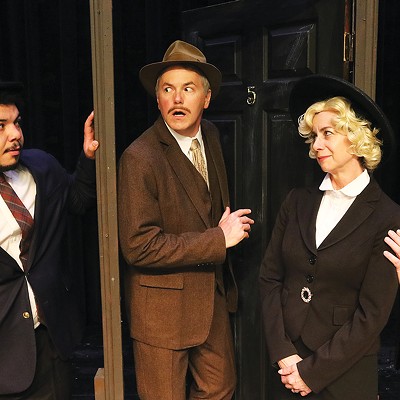Vitale, Alex S. (2017). The end of policing. New York and London: Verso.
Alex S. Vitale is professor of sociology at the City University of New York Brooklyn College and coordinator of the Policing and Social Justice Project there. Like George Floyd, he is a native of Houston. The End of Policing, published in 2017, is his second book. On the cover he states, "The problem is not police training, police diversity or police methods. The problem is the dramatic and unprecedented expansion and intensity of policing in the last 40 years, a fundamental shift in the role of police in society. The problem is policing itself." I discovered this book through National Public Radio and after reading it feel more knowledgeable and empowered about racial justice.
Police reforms won't work, Vitale begins. He then presents a history of modern policing from an international perspective. Policing in the United States evolved from repressive colonial models used by other countries, particularly England. Our earliest police forces in Boston, New York, the South, Texas and Pennsylvania were created to repress immigrants, industrial workers, slaves, political activists and indigenous people. One example is the Texas Rangers whose purpose was to protect white colonists through the vigilante activity of exterminating Native Americans and Mexicans. Afterward, the Rangers supported Juan Crow by politically oppressing Mexicans during the 1960s and 70s. In these early American examples, Vitale makes it clear that policing was created by wealthy, white, dominant classes with the sole intentions of control, domination and oppression. They did it with full support of local, state and federal government.
Next, Vitale discusses policing in relation to public school students, the mentally ill, the homeless, sex workers, drug users and sellers, gangs, immigrants and protesters. With each group he uses academic research, statistics and current events to show how policing is not only ineffective, but also harmful. Furthermore, criminalizing these vulnerable populations motivates police to harass, intimidate, assault, arrest, incarcerate and kill them. Criminalization also leads to illegal economies, police corruption and lack of tax revenue. Most disturbing about the author's analysis is the systemization at all levels of society and the cascading effects of police violence, jail, parole, probation, unemployment, inability to vote, damaged family ties and further criminality.
In his concluding chapter the author states, "U.S. culture is organized around exploitation, greed, white privilege and resentment. These are driven in large part from our economic system." However, he suggests real solutions for our problems. End the war on drugs, abolish school policing, end broken windows policing, create robust mental health care, develop affordable housing, end housing discrimination, eliminate pockets of intense poverty, increase the minimum wage, give reparations for slavery, use restorative justice and justice reinvestment, create green jobs and provide non-toxic food. Because he believes our societal problems are not the result of moral failings and won't go away with harsh sanctions, he makes a human appeal. Let's question the value system of greed, respect all people, and take care of each other.
This book is currently a best seller in law enforcement politics on Amazon and is available as an eight-hour Hoopla audiobook through Lincoln Library. I highly recommend it to anyone trying to make sense of George Floyd's murder; to people trying to decipher slogans to defund, demilitarize and abolish the police; and to those thinking about entering or leaving law enforcement. His solutions for societal problems are far removed from solutions we often hear, such as expanding the police. It's due to the depth and expanse of this book that the same old solutions seem ridiculous to me. Seattle's Capitol Hill Occupied Protest, also known as the CHOP neighborhood, is the kind of society I think Vitale is talking about. Protesters took over a six-block area along with the police station and were demanding a community center. [Police, working with neighborhood groups, this week have asked protesters to leave the area as they try to de-escalate the situation.]
This book gives me hope after the despair of seeing George Floyd killed. It's not only the soundness of the author's academic arguments, but also the gentleness of his solutions. He is not afraid to go beyond reforming the broken institution of policing and courageously chart a new course.
Mary Frances is a college teacher, artist and activist living in Springfield. Readers may contact her at [email protected]. She tells IT that the author of this book has expressed interest in conducting a webinar or making a personal appearance for the Springfield community.

